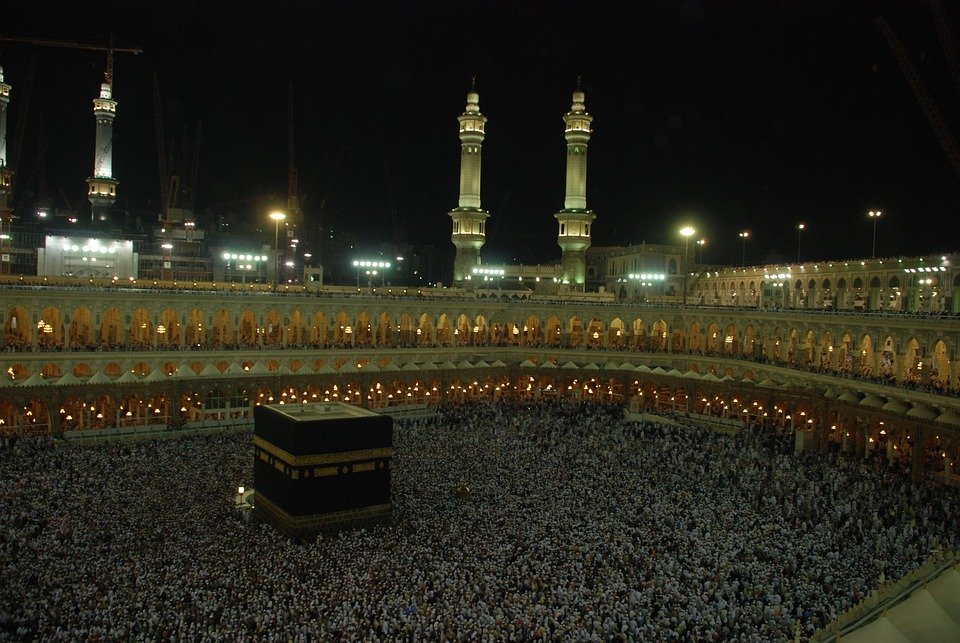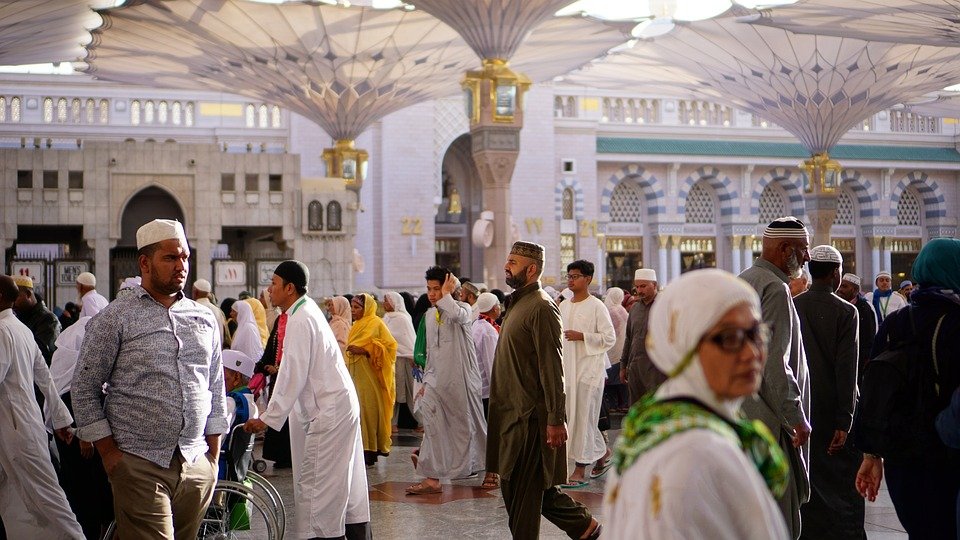Purification Ghusl Bath in Islam is one of the most important acts of worship for Muslims, ensuring spiritual and physical cleanliness. If you’ve ever wondered about the proper way to perform ghusl or why it holds such significance in Islam, you’re in the right place. In this article, I’ll guide you through everything you need to know about the purification ghusl bath in Islam, from its religious importance to the step-by-step process. Whether you’re new to this practice or just need a refresher, I promise you’ll find a clear and reliable guide here. Trust me, understanding this sacred ritual will deepen your connection with your faith.
Now, you might be thinking, “Why should I trust this information?” Well, at Hajj2026.org, we’ve been helping Muslims with Islamic guidance and travel services for Umrah and visits to Makkah and Madinah since 2016—that’s over nine years of experience! I feel confident saying that our team knows what we’re talking about when it comes to purification ghusl bath in Islam and other Islamic practices. We’ve helped countless travelers prepare spiritually for their journeys, and in my opinion, that hands-on experience makes our advice practical and trustworthy. So, let’s get started—I’m excited to share this knowledge with you!
Purification Ghusl Bath in Islam: Essential Ritual Guide
Ghusl, the Islamic purification bath, holds deep spiritual significance. It cleanses both the body and soul, preparing believers for acts of worship and daily life. Whether after marital relations, menstruation, or major impurities, ghusl ensures we meet Allah with purity. I think understanding its steps and importance helps strengthen our faith.
At Hajj2026.org, we’ve guided travelers for nine years in Makkah and Madinah. Though we don’t directly organize Hajj or Umrah, our trusted partners offer seamless spiritual journeys. Proper ghusl is vital before sacred rituals—let’s explore this beautiful Sunnah together.
What Is Ghusl in Islam?
Ghusl is a full-body wash required in specific situations, like after intimacy or postnatal bleeding. It’s more than a shower; it’s an act of worship. The Prophet Muhammad (PBUH) taught meticulous steps to achieve purity. I feel this ritual reminds us of Islam’s balance between physical and spiritual cleanliness.
Many wonder why ghusl matters. Simple—prayers and Quran recitation demand purity. Without it, acts of worship lack validity. The Quran says, "Allah loves those who purify themselves" (2:222). Following ghusl correctly shows devotion to Allah’s commands.
When Is Ghusl Necessary?
Ghusl becomes obligatory after certain events. For instance, post-marital relations, menstruation, or childbirth require it. Even embracing Islam anew demands ghusl as a symbolic fresh start. Missing it delays prayers, so recognizing these moments is crucial.
Some situations recommend but don’t enforce ghusl. Fridays, Eid prayers, or entering Ihram benefit from this Sunnah. In my opinion, voluntary ghusl strengthens our connection with Allah. It’s a small effort with immense spiritual rewards.
Step-by-Step Guide to Performing Ghusl
Start by declaring your intention (niyyah) silently. Wash hands, then private parts to remove physical impurities. Next, perform wudu as you would for prayer. This ensures every part is cleansed systematically.
After wudu, pour water over your head three times, ensuring it reaches the scalp. Then, wash the right side of the body, followed by the left. Rub the skin gently to confirm no dry spots remain. The Prophet (PBUH) emphasized thoroughness—neglecting even a hair’s breadth isn’t ideal.
Common Mistakes to Avoid
Many rush through ghusl, missing key steps. Forgetting to rinse the mouth or nose invalidates it. Others don’t ensure water reaches skin under thick hair or nails. These oversights can nullify the ritual’s purpose.
Another error is neglecting intention. Though invisible, niyyah is the soul of ghusl. Without it, the act becomes a mere bath. I think mindfulness transforms routine into worship—always pause and reflect before starting.
Ghusl for Women: Special Considerations
Women must perform ghusl after menstruation or postnatal bleeding. It’s vital to wait until bleeding fully stops. Some fear water harms them during this time—this is a myth. Islam permits and encourages complete cleanliness.
Braided hair needs extra care. Water must reach the scalp without unbraiding if hair is thick. If thin, loosening strands ensures proper flow. The Prophet (PBUH) provided clear guidance, easing women’s concerns about this sacred duty.
Spiritual Benefits of Ghusl
Beyond physical purity, ghusl renews our spiritual state. It washes away sins and refreshes the heart. The Prophet (PBUH) said, "Purity is half of faith." Each drop of water symbolizes Allah’s mercy cleansing our mistakes.
I feel ghusl also prepares us for sacred moments. Before Friday prayers or Quran recitation, it fosters focus and humility. This simple act deepens our gratitude for Allah’s endless blessings.
Ghusl and Travel: Tips for Pilgrims
Performing ghusl during travel, especially Umrah, requires planning. Our partners at Hajj2026.org advise carrying a portable rinsing tool (istinja) and unscented soap. Hotels in Makkah and Madinah often have bidets, easing the process.
If water is scarce, tayammum (dry ablution) substitutes ghusl temporarily. But once water is available, complete ghusl immediately. For nine years, we’ve helped pilgrims balance rituals with practicality—purity shouldn’t feel burdensome.
Ghusl is Islam’s gift of renewal. By mastering it, we honor our faith’s beauty and wisdom. May this guide bring clarity and inspire deeper devotion in your spiritual journey.

